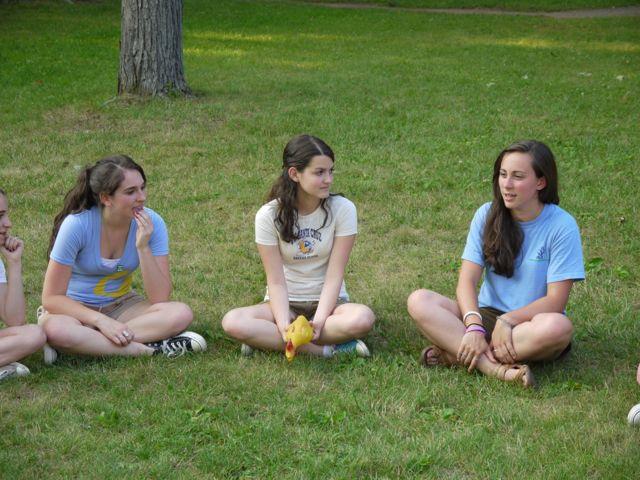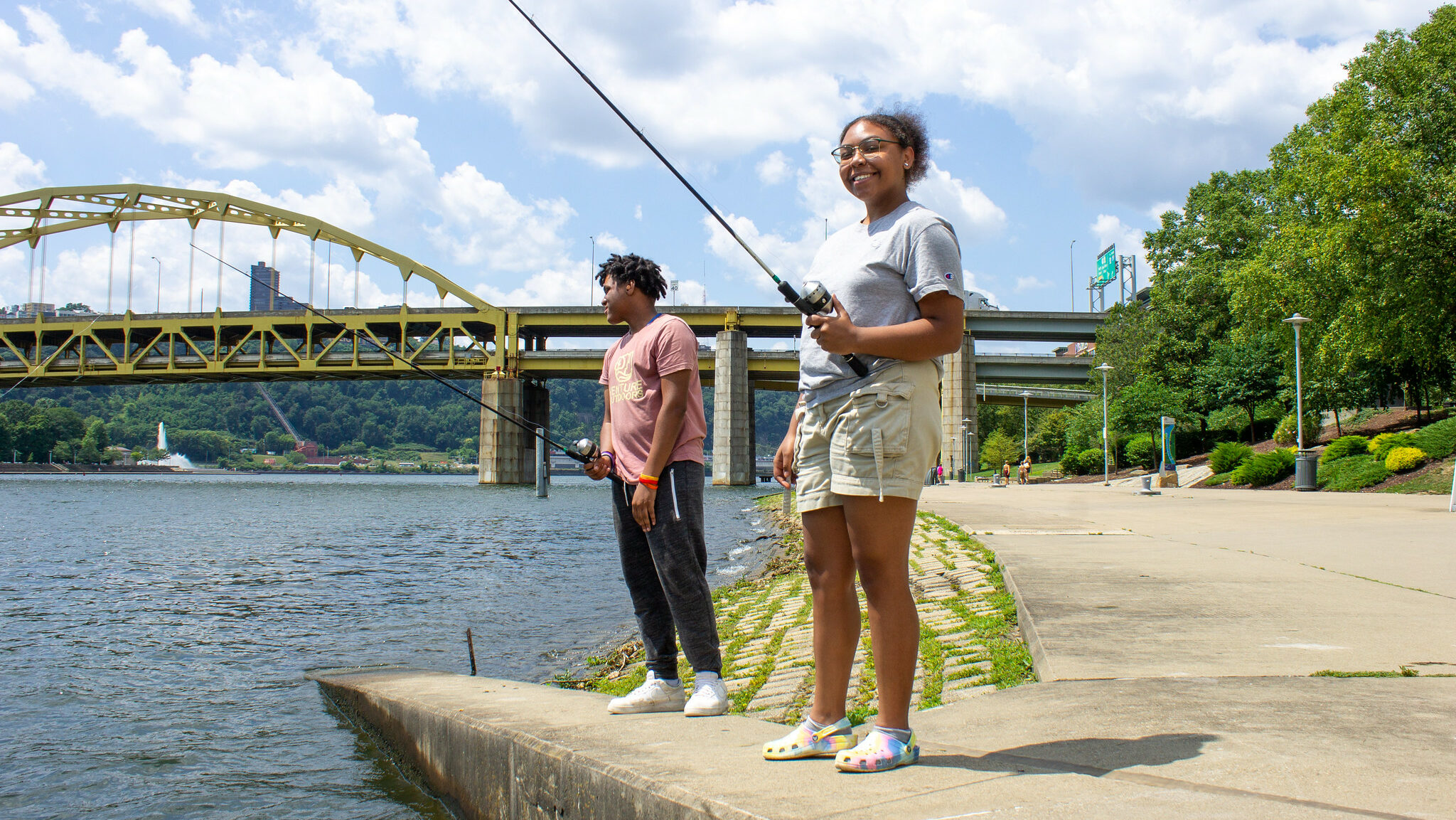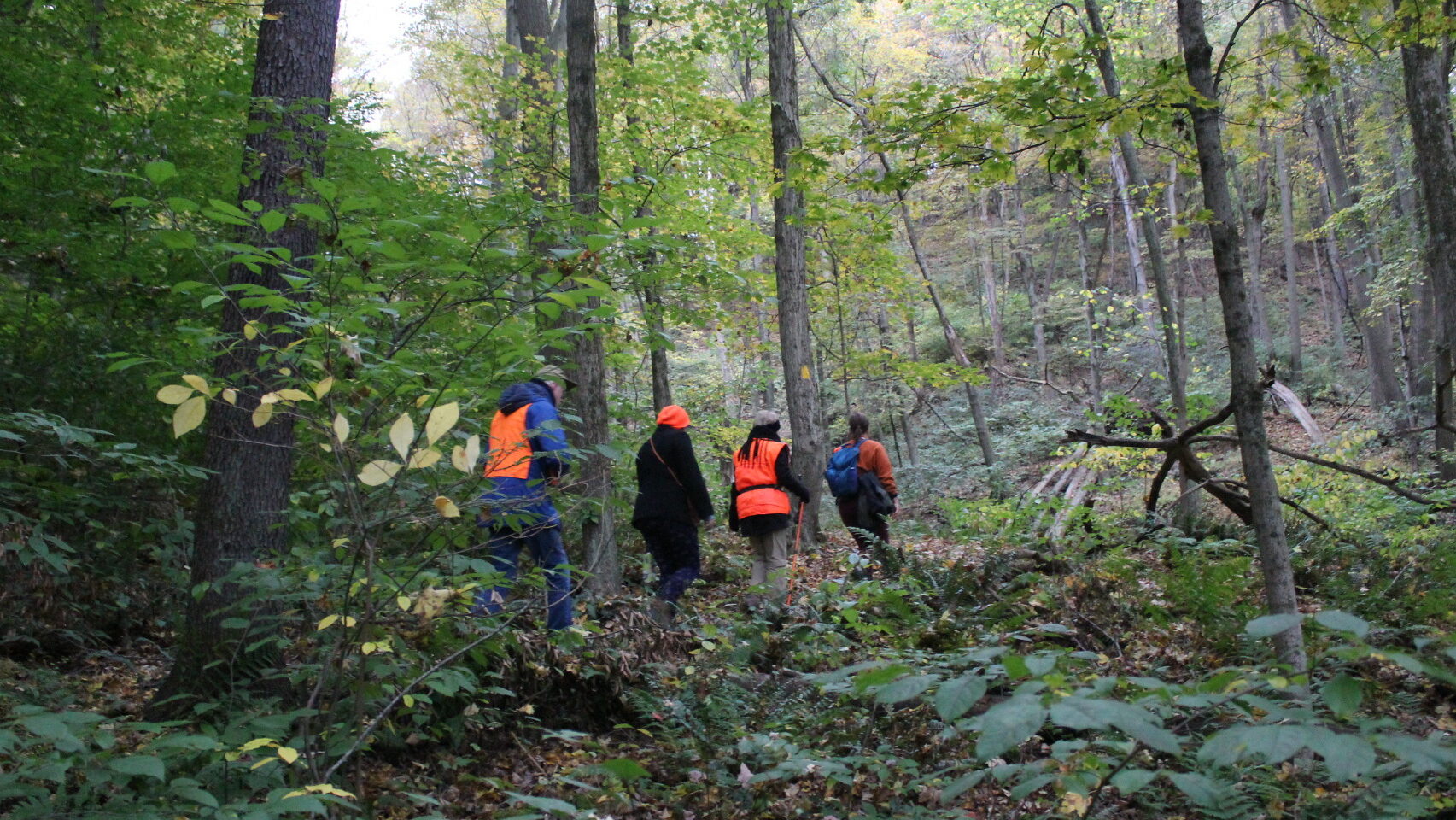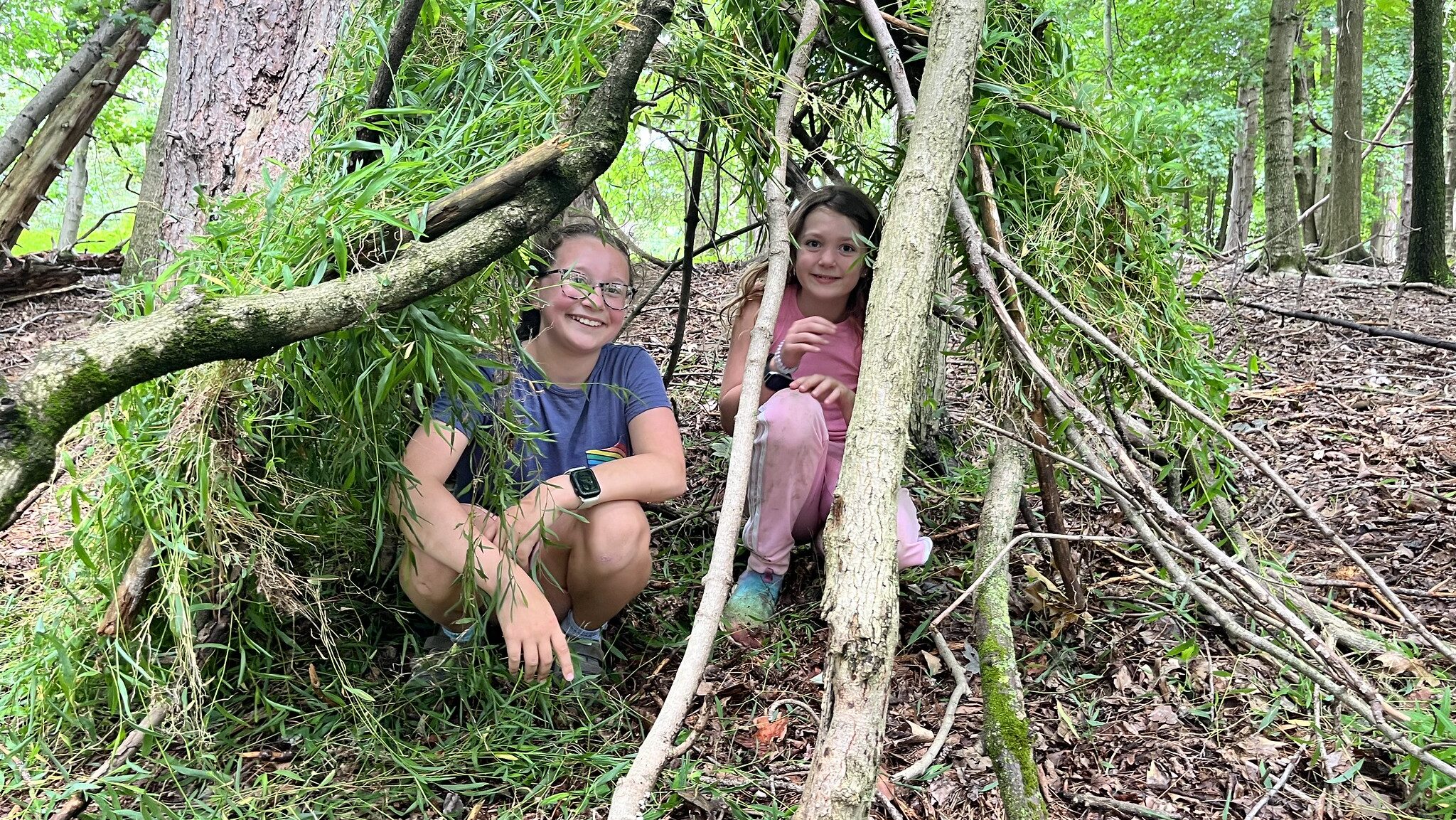Venture Outdoors Leadership Academy is open for applicants now through May 15, 2024 The Venture Outdoors Leadership…

Restorative Practices in an Outdoor Setting
By: Beth Zabiegalski
As an organization, Venture Outdoors does some really awesome and exciting things with local youth in after-school and summer programs, getting them outside for the first time or teaching them something new to do in nature. Most of our outings are a couple hours or less, but when we build meaningful relationships with our students, we create formative outdoor experiences with memories that last more than just that afternoon.

Last month, I had the opportunity to attend a two-day Restorative Practices Training through Venture Outdoors’ partnership with Pittsburgh Public Schools. I’ll admit I had next to no idea what to expect, and you probably don’t either! Here’s a brief definition that I’ll expand on to help your understanding:
Restorative practices is an emerging social science that studies how to strengthen relationships between individuals as well as social connections within communities. It’s about becoming comfortable expressing emotions and leaning into conflict to better resolve it. It also means going through change, making decisions or handling behavior issues with a group, rather than to or for them.
If you ask me, everyone could use ongoing restorative practices in their lives. But as a Trip Leader Specialistworking with youth, I did take away three main points that I plan to use in the programs I lead.
Focusing on Relationships
Restorative practices emphasizes being 80% proactive (building relationships and trust) and only 20% reactive (responding to behavior challenges or conflict). Imagine trying to get a student to follow a safety rule without either of you ever having met each other. By making an effort at the beginning of an outing to get to know your group, it makes it that much easier to respond to behavior challenges during the outing or to connect with a student through something you’ve learned about them. This can be done using check-in and check-out “circles” that are similar to the Trip Leaders’ IWINMEE beginning circle and closing debrief.
Freely Expressing (Mostly Positive) Emotion
The most interesting thing I learned in this training is the seemingly-trivial-but-actually-very-intense difference

between saying phrases like “I’m happy you’re here today” and “I feel happy to see you here today.” These are called affective statements and when teachers encourage the use of these statements it continues to build relationships and creates a safe space for the expression of emotions. It also models the expression of feelings, both positive and negative, in respectful ways and also holds students accountable by helping them connect how their positive and negative behaviors affect others.
For instance, instead of saying, “Great job today,” I try to say, “I feel proud of you for trying something new today!” Instead of saying, “Come back over here,” now I try to say, “When you walk too close to the road, I feel nervous because I don’t want you to get hurt.”
Try using affective statements with anyone today. It feels weird to say, but it feels awesome to the recipient of a positive affective statement!
Holding Everyone Accountable
Restorative practices might seem warm and fuzzy, but only to a point. Setting expected group norms and clear boundaries matters, and once those are set it’s important that there are fair and equal consequences established for when they’re crossed.
For example, when we take youth on outings we have a lot of safety precautions for them to follow. A way to establish boundaries together is to use an opening circle to ask the group what rules they can come up with that we should follow while we’re outside. They come up with the rules (sometimes with some helpful hints) and we remind them while outside that if they can’t be safe or listen for directions, we have to stop the activity so that no one gets hurt.
Venture Outdoors may not actively participate in conflict resolution during after-school programs, but the fair process to take students through when conflict does arise is called restorative questions – check them out!
The explanation of restorative practices may seem like common sense to some, but putting a scientific theory behind the way you build relationships with others and manage groups of people really helps to solidify your approach and build effective communities.
I’m looking forward to continuing to learn these practices, and I encourage you to learn by checking out the resources in the links above or on the International Institute for Restorative Practices website!



